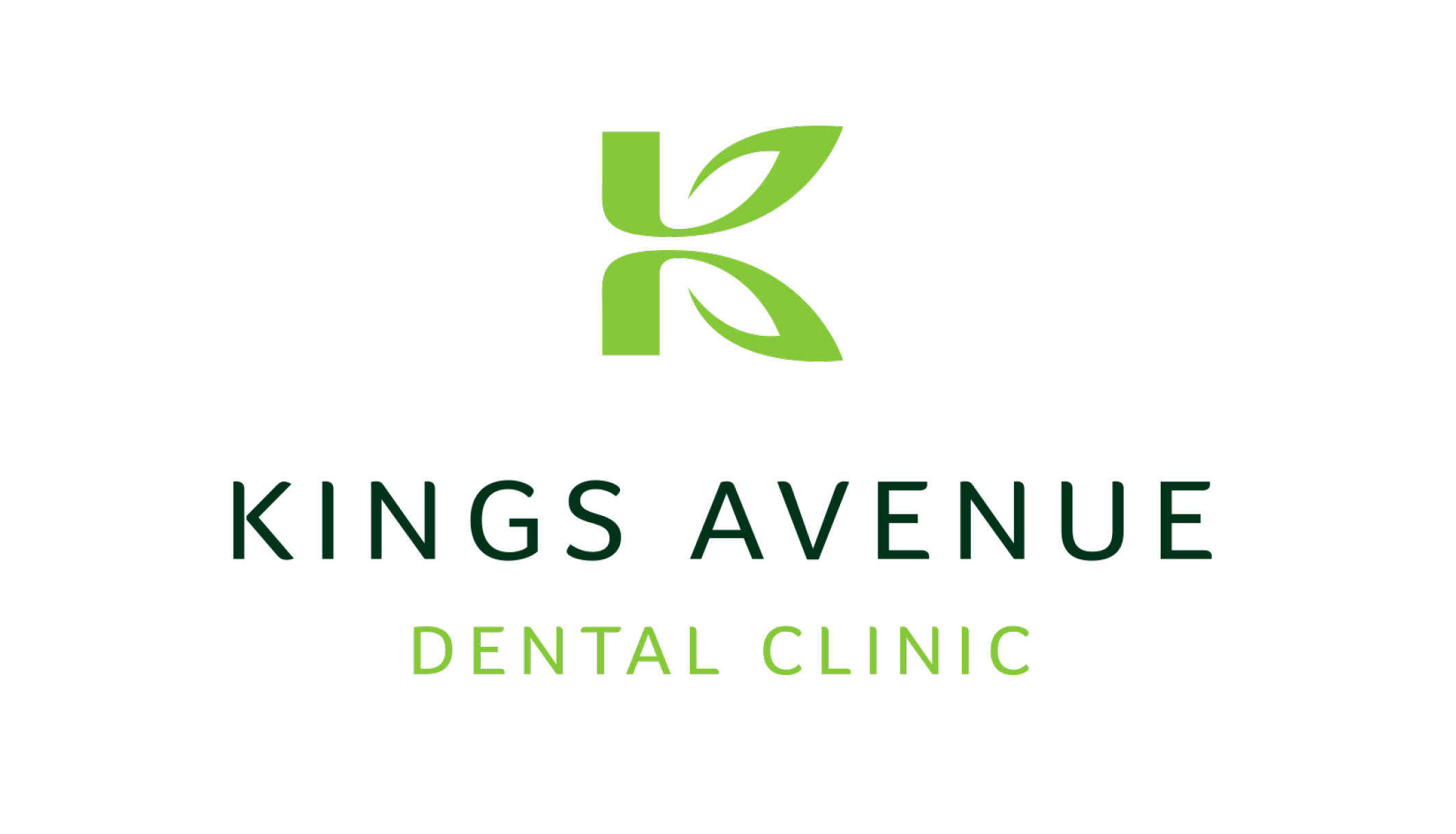41 Kings Avenue
- |
- Muswell Hill
- |
- London
- |
- N10 1PA
A mouth cancer screening appointment is a simple check over of your mouth by your dentist, who will gently feel the soft tissues in your mouth and the jaw area.
In the vast majority of cases, there is no cause for concern. If we do spot something we feel could benefit from further investigation, we will recommend that you visit your GP for further tests.
Book your routine dentist appointment to have your mouth checked over for signs of oral cancer. If you spot anything that you feel doesn’t look quite right, please make an appointment with us right away rather than waiting until your next routine check-up.
BACK TO General Dentistry

“Kings Avenue Dental Surgery has consistently delivered a friendly and professional service...”
“I feel so relieved to have at last found an excellent dentist...”
“I cannot speak more highly about Gary, Dominic, Dee and the whole...”
“I was recommended this dental surgery by a friend and my family...”
“I used to travel miles to a dentist they recommended that I...”


